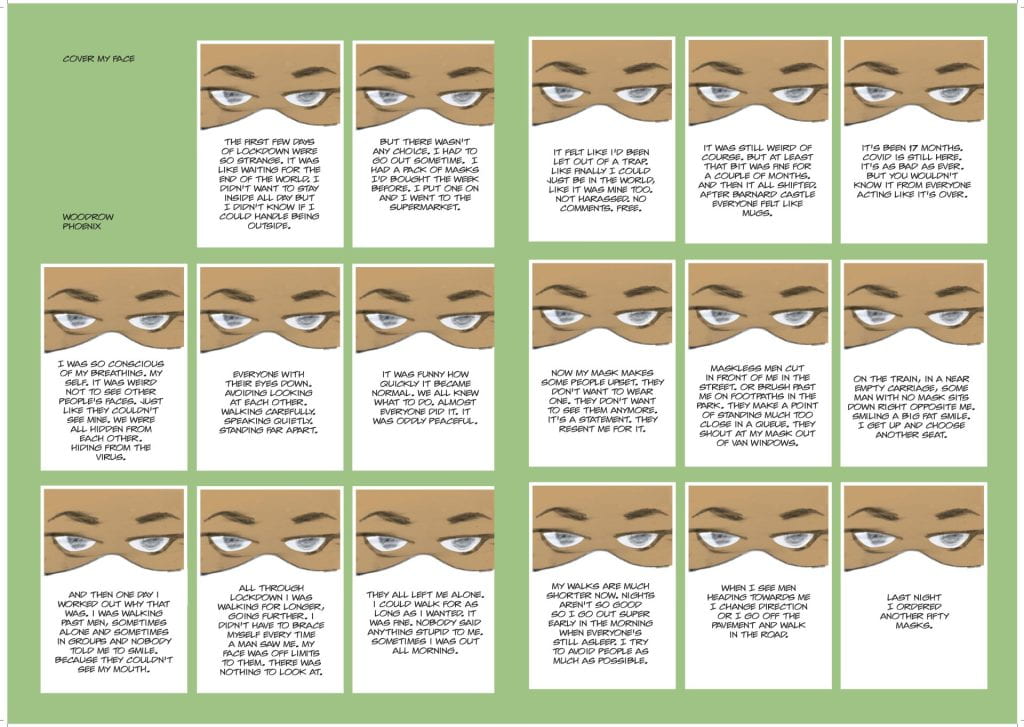
Acerca del autor
Woodrow Phoenix es un escritor, artista, ilustrador y diseñador gráfico radicado en Londres. Es conocido por su experimentación audaz con estilos gráficos e ilustrativos, cargados de imágenes que transmiten una mezcla inesperada de lo hermoso con lo inquietante.
Sus cómics y tiras incluyen Donny Digits, una historieta que se publicaba semanalmente en The Guardian; The Sumo Family [La familia Sumo], que se publicaba semanalmente en The Independent y luego mensualmente en la revista Manga Mania. The Liberty Cat [El gato de la libertad], publicado trimestralmente en Japón por Kodansha en la revista Morning; SugarBuzz! (en colaboración con el cocreador Ian Carney), una antología de cómics que fue seleccionada por Walt Disney, The Cartoon Network y otras productoras independientes para la televisión. En 2003 dirigió una caricatura basada en los personajes de SugarBuzz!, para The Cartoon Network. Sus libros para niños incluyen Baz the Biz (1999) y Is That Your Dog?[¿Ese es tu perro?] (2001) con el escritor Steve May, y Count Mikula [El conde Mikula] (2006) con el escritor Robin Price. Además, sus libros incluyen Plastic Culture: how Japanese Toys Conquered the World [Cultura plástica: cómo los juguetes japoneses conquistaron el mundo] (2006), Rumble Strip [Banda sonora] (2008), Nelson (2011) escrito junto con Rob Davis.
About the author
Woodrow Phoenix is a writer, artist, illustrator and graphic designer based in London. He is known for his free-wheeling experimentation with illustrative and graphic styles, with message-driven pictures offering up an incongruous mix of the cute and the sinister.
His comic books and strips include Donny Digits – a comic strip which appeared weekly in The Guardian; The Sumo Family, which appeared weekly in The Independent on Sunday and then monthly in Manga Maniamagazine; The Liberty Cat, published quarterly in Japan by Kodansha in Morning magazine; SugarBuzz! (in collaboration with co-creator Ian Carney), an anthology comic that was optioned for television by Walt Disney, The Cartoon Network and other independent production companies. In 2003 he directed an animated cartoon based on characters from SugarBuzz!, for The Cartoon Network. His children’s books include Baz the Biz (1999) and Is That Your Dog? (2001) with writer Steve May, and Count Milkula (2006) with writer Robin Price. His books include Plastic Culture: How Japanese Toys Conquered the World (2006), Rumble Strip (2008), Nelson (2011) with Rob Davis.